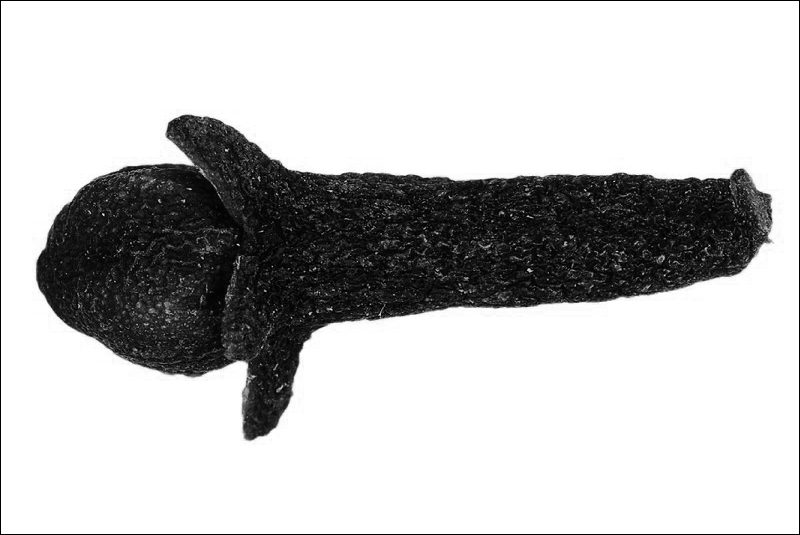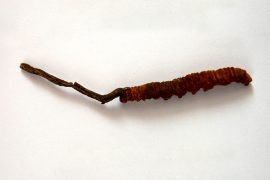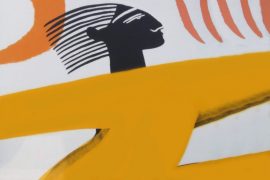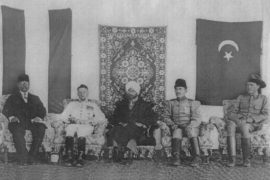The history of the spice trade conjures up exotic images of caravans plying the Silk Road in storied antiquity as well as warfare between European powers vying for control of what were, pound for pound, among the most valuable commodities in the known world.
One of the most valuable of the spices was clove – the versatile immature bud of the evergreen clove tree (Syzygium aromaticum) which is native to the Maluku Islands or the Moluccas in the Indonesian Archipelago. Prized for its flavour and aroma, and also for its medicinal qualities, clove quickly became important for its use as a breath freshener, perfume and food flavouring.
We believe we might have found the oldest clove in the world at an excavation in Sri Lanka, from an ancient port which dates back to around 200BC. This port, Mantai, was one of the most important ports of medieval Sri Lanka and drew trade from across the ancient world. Not only that, but we also found evidence for black pepper (Piper nigrum), another high-value low-bulk product of the ancient spice trade.
Ancient history
Western knowledge of Sri Lanka dates back to at least 77AD when the Roman philosopher Pliny the Elder wrote about the island as Taprobane in his famous Natural History. This is the earliest existing text which mentions Sri Lanka, however, Pliny states that the ancient Greeks (and Alexander the Great) had long known about it.
-30-
Copyright©Madras Courier, All Rights Reserved. You may share using our article tools. Please don't cut articles from madrascourier.com and redistribute by email, post to the web, mobile phone or social media.Please send in your feed back and comments to [email protected]











